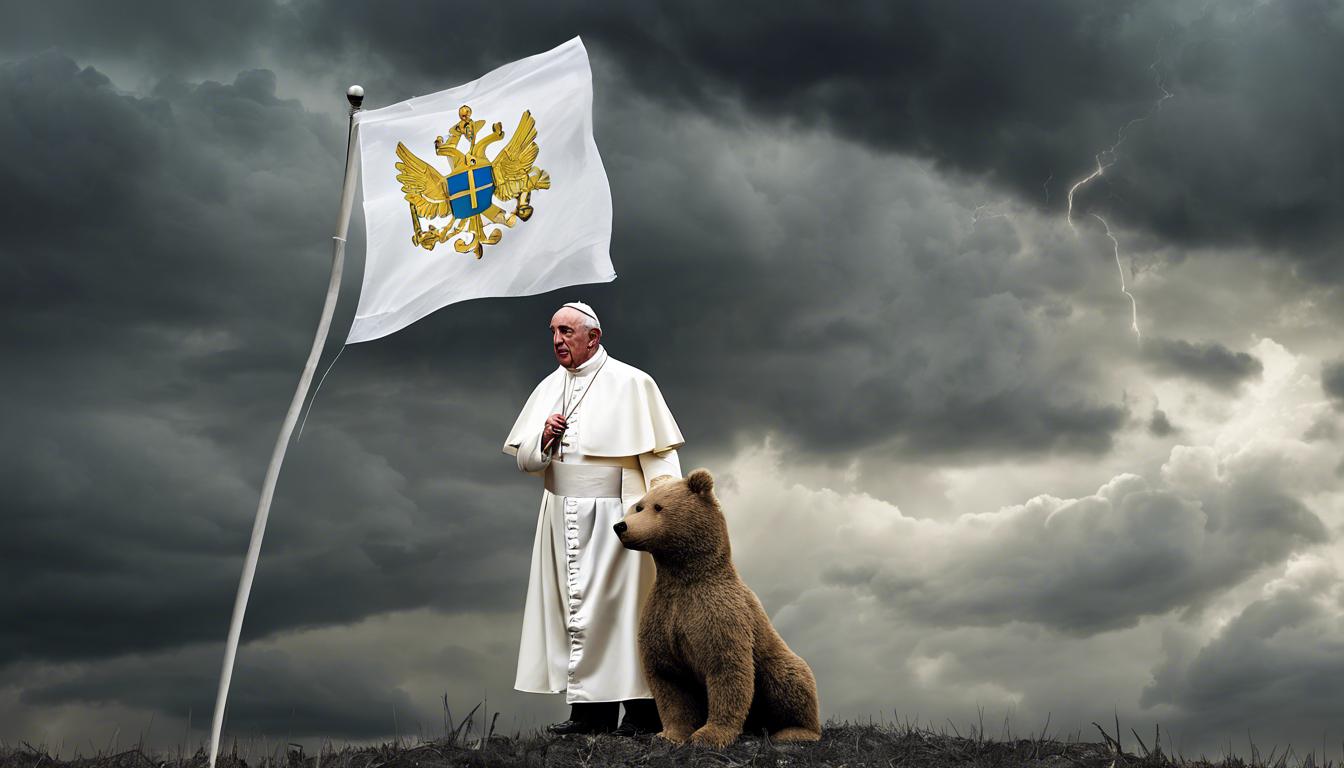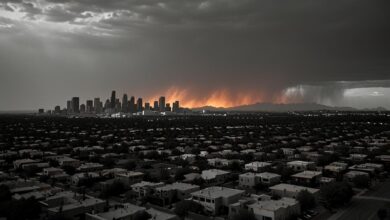Pope Francis’s suggestion for Ukraine to engage in negotiations with Russia has met with criticism from European politicians and commentators, amid concerns it implies a surrender.
Pope Francis has faced criticism for his comments suggesting that Ukraine should engage in negotiations with Russia and “raise the white flag” to end the ongoing conflict. These remarks, made during an interview with Swiss broadcaster RSI, have provoked a strong reaction from several European politicians and commentators who interpreted the Pope’s statement as a call for Ukraine to surrender. The criticism centers around a perceived failure to condemn Russia as the aggressor in the conflict.
Latvian President Edgars Rinkēvičs and Polish Foreign Minister Radek Sikorski were among those who expressed disapproval, with Sikorski suggesting that Russian President Vladimir Putin should withdraw his forces from Ukraine. Ukrainian officials, including Ukraine’s ambassador to the Holy See, Andrii Yurash, and Archbishop Sviatoslav Shevchuk, also voiced concerns. Yurash likened the Pope’s comments to appeasement policies towards Hitler, while Shevchuk feared the remarks might support Russian nationalism and imperialism.
The Vatican’s communications director clarified the Pope’s use of “white flag” as a symbol for a truce reached through courageous negotiation, emphasizing the call for a diplomatic and peaceful resolution. Despite the clarification, Ukrainian President Volodymyr Zelenskyy maintained that any peace initiative should originate from Russia, the aggressor in the conflict.
Throughout the situation, Pope Francis has advocated for dialogue and peace between Kyiv and Moscow, reiterating the need for peace during his recent Angelus prayer, and maintaining the Vatican’s diplomatic neutrality. The Kremlin welcomed the Pope’s remarks, with government spokesman Dmitry Peskov praising his understanding of Russian history. As the debate around the Pope’s comments continues, the focus remains on finding a peaceful resolution to the conflict in Ukraine.



